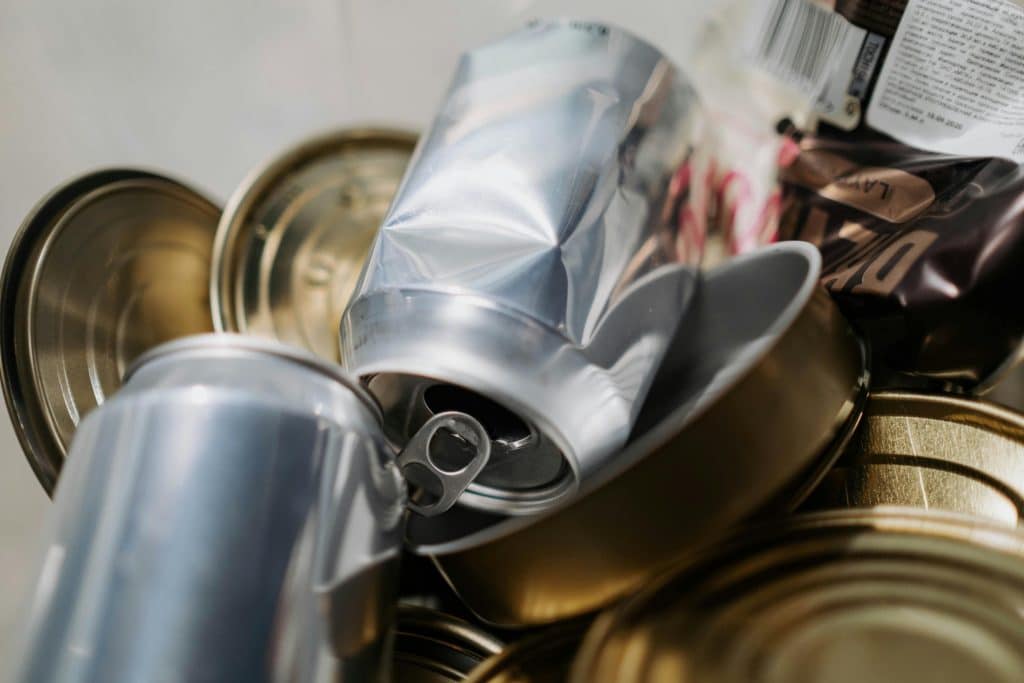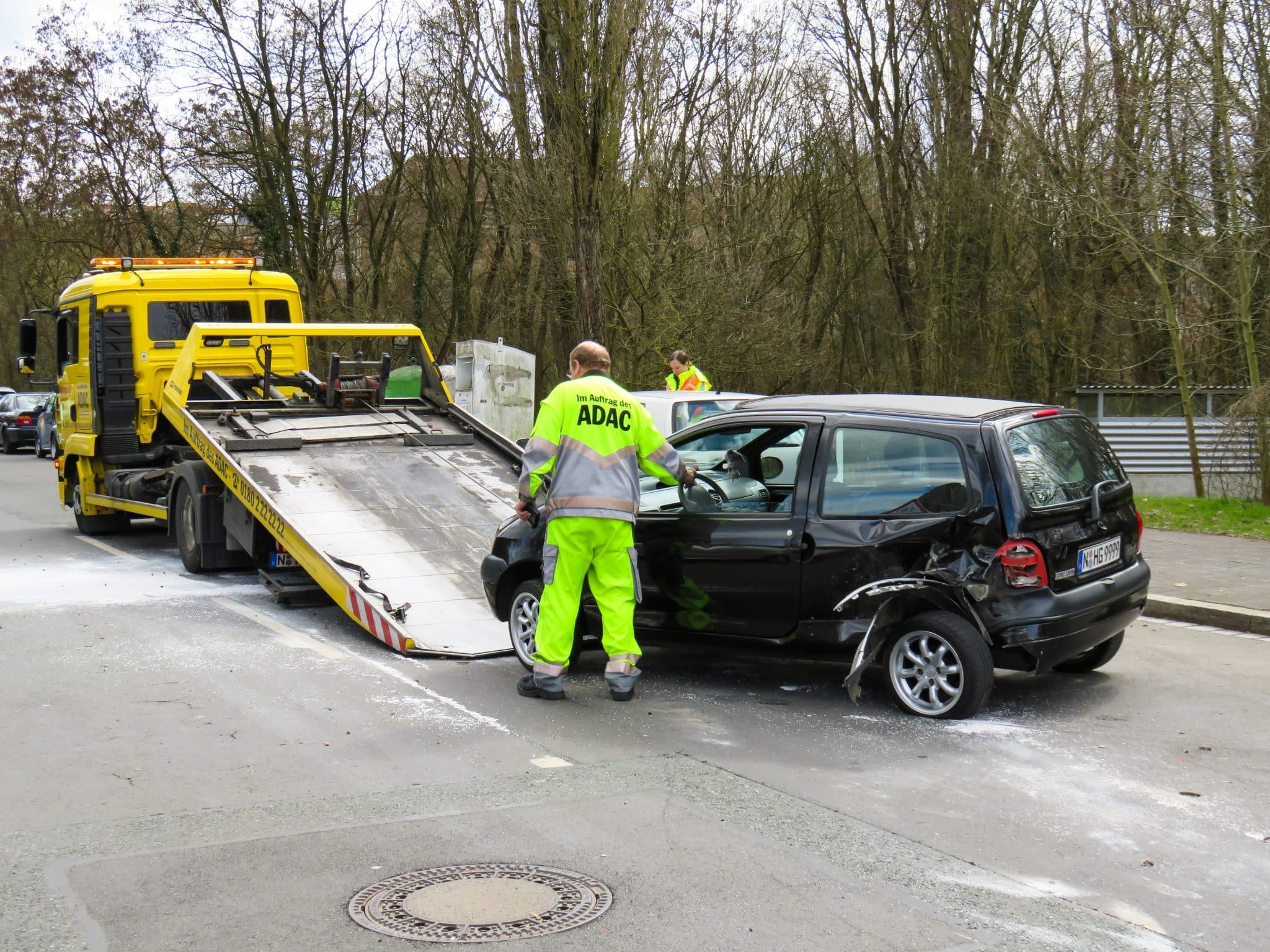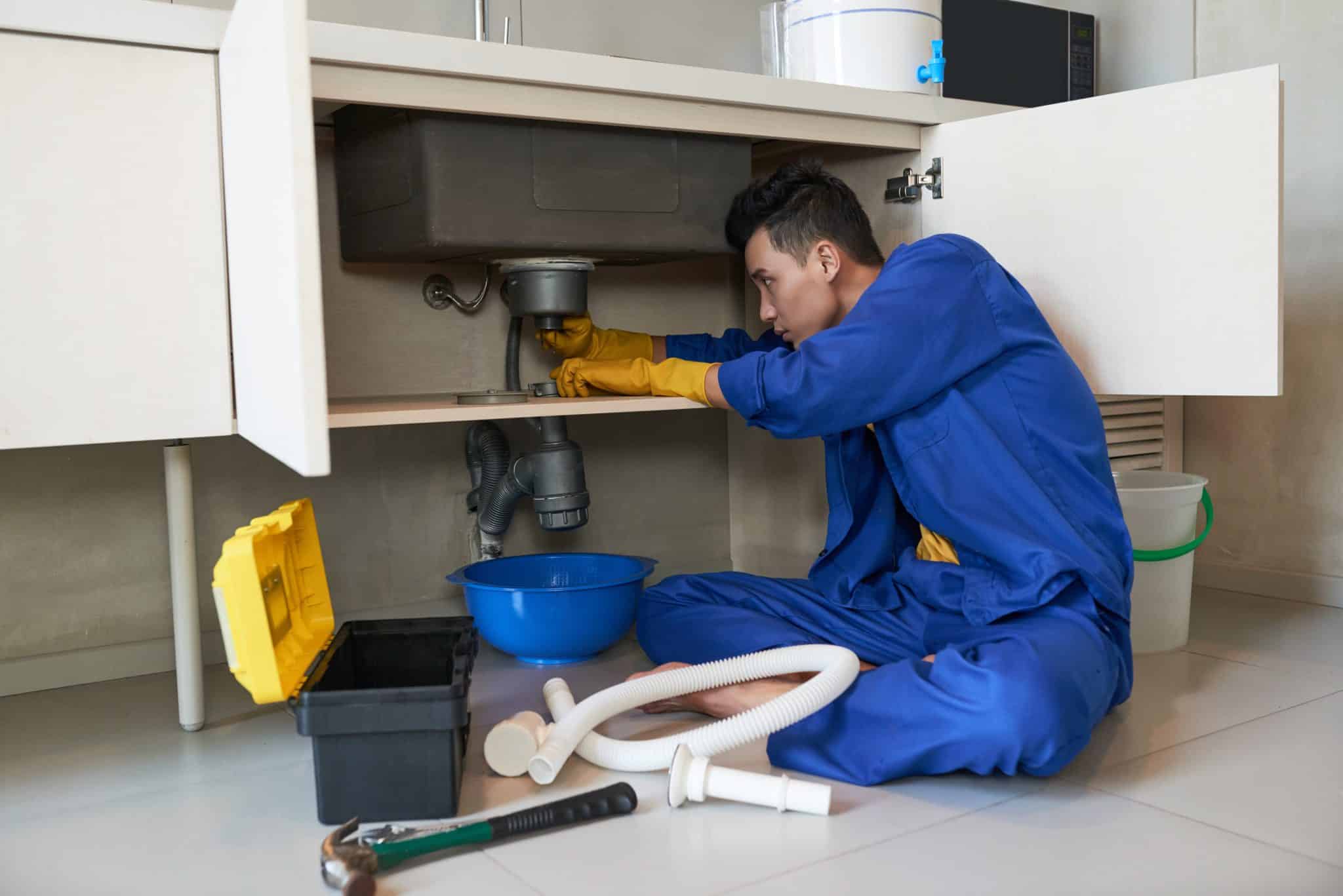In a world where sustainability and responsible resource management are essential, metal recycling is among the most effective ways to reduce carbon emissions and conserve natural resources. Scrap metal recycling Sunshine Coast plays a vital role in cutting down greenhouse gases by minimizing the need for new raw materials, saving energy, and reducing waste in landfills. Whether it’s from households, construction projects, or industrial sites, every piece of recycled metal contributes to a cleaner, more efficient future.

The Environmental Impact of Metal Recycling
The process of manufacturing new metals from raw ore is energy-intensive and produces significant carbon emissions. For example, producing aluminum from raw bauxite requires nearly twenty times more energy than making it from recycled materials. Similarly, recycling steel saves up to 74% of the energy compared to refining it from iron ore. This drastic reduction in energy use directly translates into lower carbon emissions and helps slow the progression of climate change.
By keeping metals in circulation, recycling prevents unnecessary mining activities. Mining not only consumes energy but also disrupts ecosystems, contaminates water sources, and releases carbon dioxide. When metals like aluminum, copper, and steel are recycled, the environmental burden of mining is dramatically reduced. This is one of the key ways in which metal recycling supports both climate goals and ecological preservation.
Energy Savings and Emission Reductions
Energy is at the heart of carbon emission management. The less energy we use in production, the fewer emissions we produce. When scrap metals are reprocessed, the energy required to melt and remelt them is only a fraction of what is needed for extraction and refining. These energy savings ripple across the supply chain, from reduced fuel use in mining machinery to fewer emissions in transportation and smelting.
Additionally, recycling helps lower methane emissions from landfills. Metals that are discarded and not properly recycled can contribute to the overall mass of landfills, where organic and synthetic materials decompose and emit greenhouse gases. By diverting metal waste into recycling systems, society not only saves valuable resources but also reduces emissions associated with waste management.
Economic and Industrial Benefits
Beyond environmental impact, metal recycling has substantial economic benefits. It supports local industries by providing a steady supply of affordable raw materials, creates employment opportunities, and encourages the development of sustainable manufacturing systems. Recycled metals are often used in the production of vehicles, construction materials, electronics, and renewable energy infrastructure, all of which contribute to a lower-emission economy.
The circular economy concept, where materials are continually reused and repurposed, is key to reducing industrial emissions. Every time metal is recycled rather than produced from scratch, businesses save on production costs while cutting carbon emissions. This economic advantage drives innovation and fosters green growth across multiple sectors.
The Role of Technology in Cleaner Recycling
Advancements in sorting, separation, and processing technologies have significantly increased the efficiency of recycling facilities. Automated systems can now distinguish between different types of metals with greater precision, ensuring cleaner outputs and reducing contamination. Cleaner recycling streams mean less energy is wasted on purification, which further reduces emissions during remelting.
New methods such as magnetic separation, eddy current systems, and laser-based sorting help recover valuable metals that were once too difficult or costly to recycle. These innovations, combined with energy-efficient furnaces and closed-loop production systems, push the recycling industry closer to carbon neutrality.
Encouraging Sustainable Practices
For individuals and businesses alike, participating in metal recycling is one of the simplest yet most impactful environmental actions. By sorting and properly preparing scrap metals — such as separating ferrous from non-ferrous materials and removing contaminants — recyclers can increase efficiency and ensure that the material is reused effectively. Even small efforts, such as collecting metal cans or dismantling unused equipment, can collectively lead to large-scale emission reductions.
Transparency and education also play a role. When communities understand how recycling directly affects the environment and the economy, participation rates improve. Governments and organizations can further encourage recycling by offering incentives, implementing efficient collection systems, and enforcing environmental regulations that prioritize sustainable waste management.
A Cleaner Future Through Metal Recycling
The long-term impact of metal recycling extends beyond energy savings. It represents a shift toward responsible consumption and production. When society embraces recycling, it moves closer to achieving net-zero goals and protecting natural ecosystems from unnecessary extraction and pollution.
Ultimately, scrap metal recycling Sunshine Coast and similar efforts worldwide demonstrate that sustainability doesn’t always require massive technological breakthroughs; sometimes it simply involves more innovative use of the materials we already have. By supporting recycling initiatives, individuals, businesses, and governments alike contribute to reducing carbon emissions, conserving energy, and securing a cleaner, more sustainable planet for generations to come.


